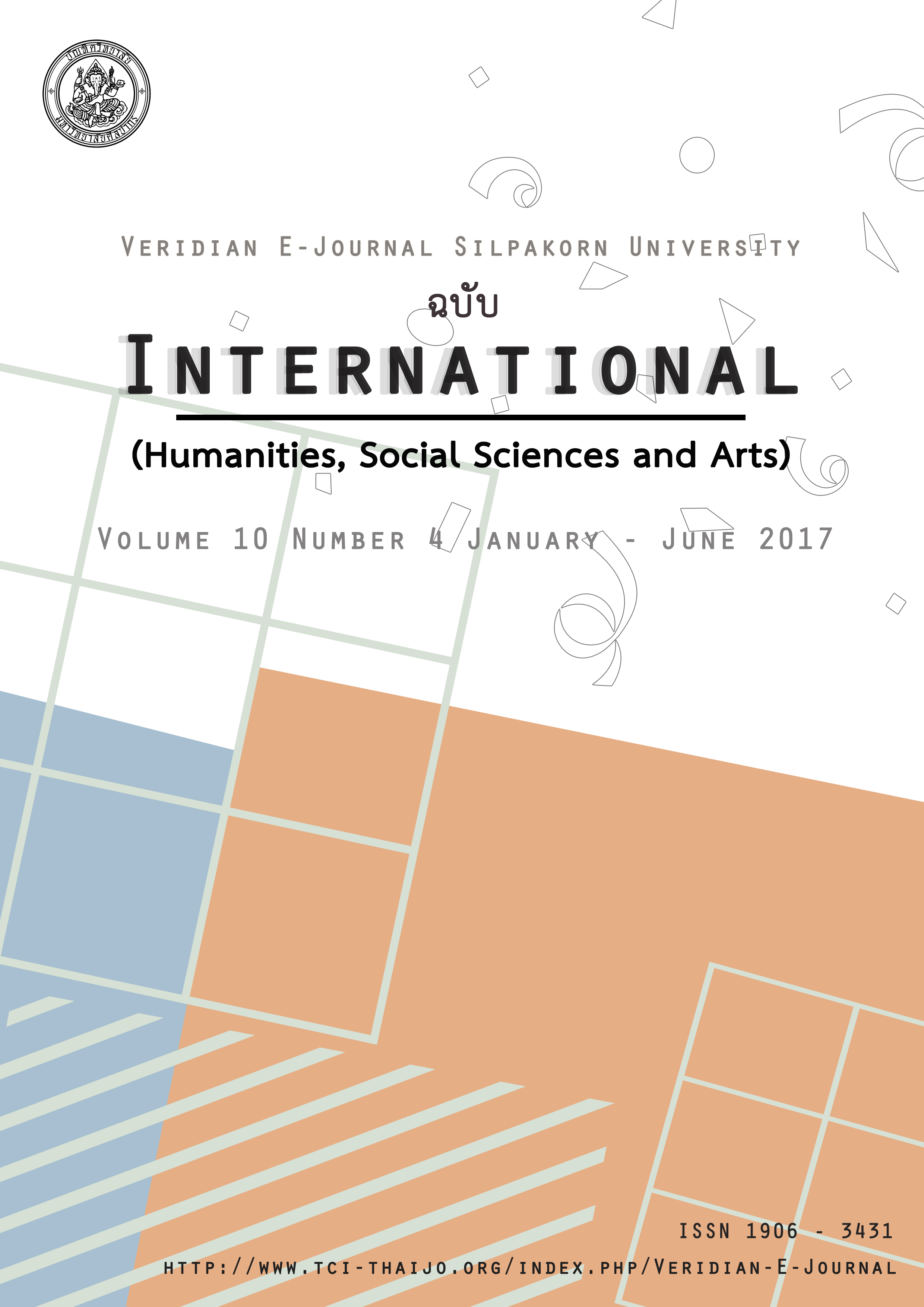Science in Classroom and Knowledge Transfer to the Muslim Way of Life
Main Article Content
บทคัดย่อ
There is a relation between science and people’s everyday life, especially the Muslim way of life which is related to the application of science. For example, the direction to determine for bedding, praying, bathing, and burial. That's called the Qibla. The aims of this learning organization are that the learners can apply the knowledge gained from the class to solve problems in life. Therefore, learning experience in accordance with the actual life in order to link what they have learned in daily life context must be provided by instructors.
In this article, the author proposes a Science learning management in the primary education classroom about shadows and directions for Muslim students to apply on a daily life basis. This is a learning experience that is similar in real context to foster the students' knowledge transfer and science process skills for Muslim way of life of prayer.
วิทยาศาสตร์เกี่ยวข้องกับการดำเนินชีวิตประจำวันของทุกคน โดยเฉพาะวิถีชีวิตมุสลิมที่มีความสัมพันธ์กับการนำความรู้ทางวิทยาศาสตร์มาใช้ เช่น การนำความรู้เรื่องทิศเพื่อระบุทิศ ๆ หนึ่งที่เรียกว่าทิศกิบลัต มากำหนดทิศของการนอน การละหมาด การเข้าห้องน้ำ และการฝังศพ เป็นต้น จุดมุ่งหมายสำคัญในการจัดการเรียนรู้ คือการที่ผู้เรียนสามารถนำความรู้ที่ได้รับจากชั้นเรียนไปใช้แก้ปัญหาในชีวิตประจำวันได้ ดังนั้น ครูจึงต้องจัดประสบการณ์การเรียนรู้ให้สอดคล้องกับชีวิตจริงของผู้เรียน เพื่อให้เชื่อมโยงสิ่งที่ได้เรียนรู้สู่บริบทในชีวิตประจำวัน
บทความนี้ ผู้เขียนได้เสนอแนวทางการจัดการเรียนรู้วิทยาศาสตร์ในชั้นเรียนระดับประถมศึกษา เพื่อให้นักเรียนมุสลิมสามารถนำความรู้ เรื่องเงา และทิศในชีวิตประจำวัน ไปประยุกต์ใช้ในชีวิตประจำวัน ซึ่งเป็นการจัดประสบการณ์การเรียนรู้ที่มีลักษณะใกล้เคียงกับชีวิตจริง เพื่อให้ผู้เรียนถ่ายโอนความรู้และทักษะกระบวนการทางวิทยาศาสตร์มาใช้กับวิถีชีวิตมุสลิมสำหรับปฏิบัติศาสนกิจการละหมาด

